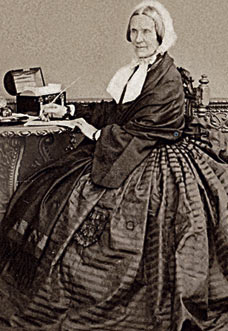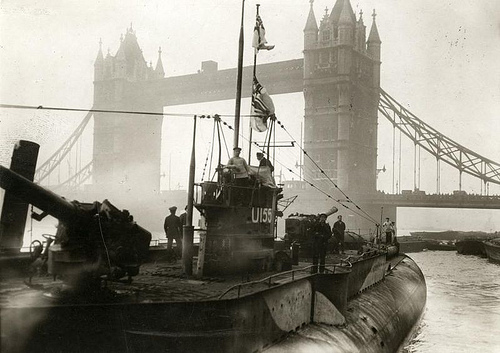In 1793, two years after publishing his translation of Homer, William Cowper received this letter from 12-year-old Thomas Hayley, pointing out its defects:
HONORED KING OF BARDS,–Since you deign to demand the observations of an humble and unexperienced servant of yours, on a work of one who is so much his superior (as he is ever ready to serve you with all his might) behold what you demand! but let me desire you not to censure me for my unskilful and perhaps (as they will undoubtedly appear to you) ridiculous observations; but be so kind as to receive them as a mark of respectful affection from your obedient servant,
THOMAS HAYLEY
Book I, Line 184. I cannot reconcile myself to these expressions, ‘Ah, cloth’d with impudence, etc.’; and 195, ‘Shameless wolf’; and 126, ‘Face of flint.’
Book I, Line 508. ‘Dishonor’d foul,’ is, in my opinion, an uncleanly expression.
Book I, Line 651. ‘Reel’d,’ I think makes it appear as if Olympus was drunk.
Book I, Line 749. ‘Kindler of the fires in Heaven,’ I think makes Jupiter appear too much like a lamplighter.
Book II, Lines 317-319. These lines are, in my opinion, below the elevated genius of Mr. Cowper.
Book XVIII, Lines 300-304. This appears to me to be rather Irish, since in line 300 you say, ‘No one sat,’ and in 304, ‘Polydamas rose.’
Cowper wrote back, “A fig for all critics but you!”




